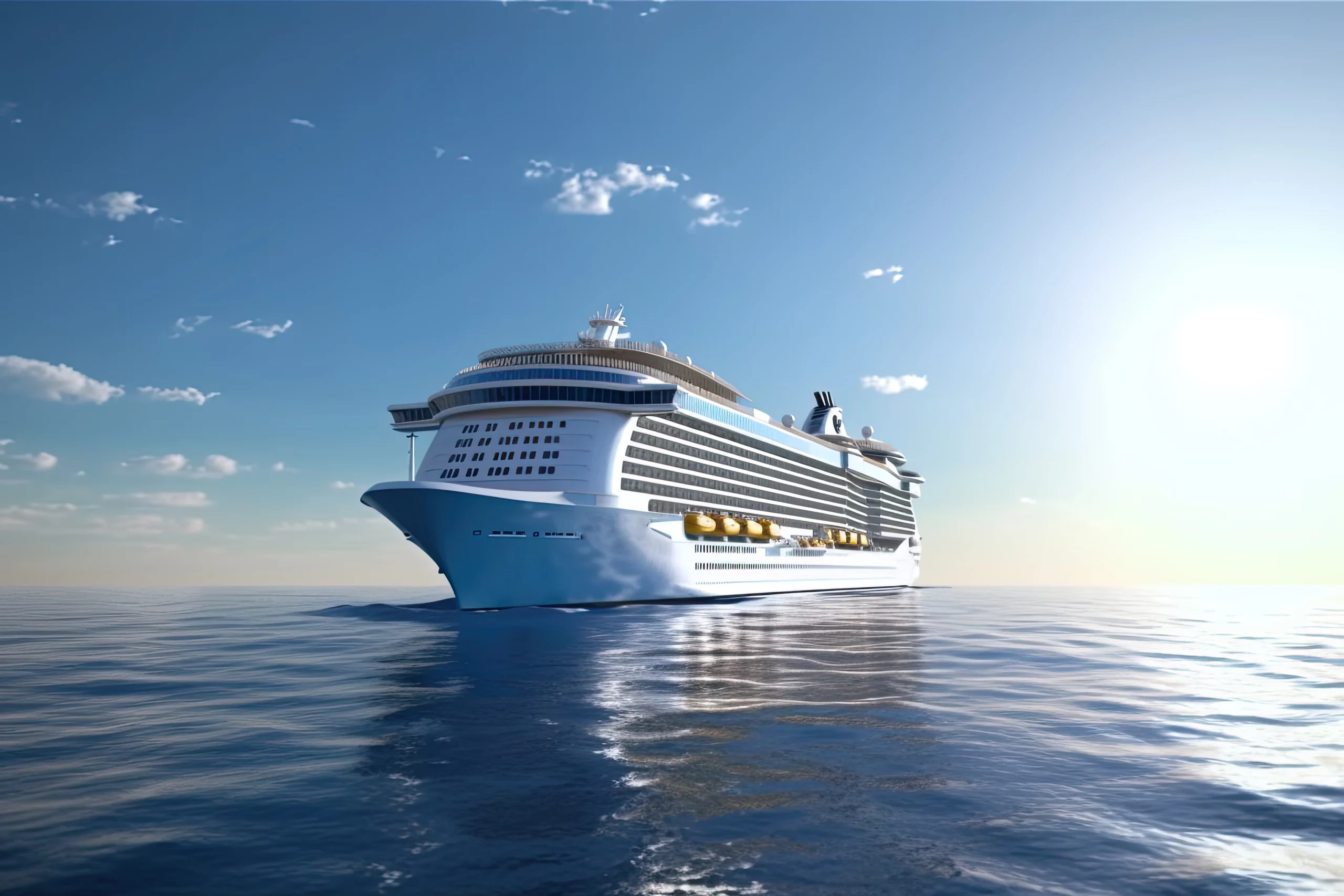Who can take Marine Insurance?
Ship owners, shipping corporations, and cargo owners must secure Marine Insurance, also referred to as Cargo Insurance, to safeguard their interests, encompassing all essential details and structures.
What is Marine Insurance?
Marine insurance provides coverage for damages or losses associated with ships, cargo, terminals, transportation, or transfers. In essence, a marine insurance policy ensures protection against any loss or damage concerning boats or watercraft.
Naturally, specific criteria delineate the coverage and its potential scope, such as the location of your boat or vessel—whether it’s on-shore, out of the water, housed in your garage, or stored at a boat club. These factors influence the safety considerations affecting your coverage premiums.
What is covered by Marine Insurance?
Marine Insurance primarily covers the following:
- Your vessel may be covered for physical or structural damage resulting from a collision with another submerged or surface vessel.
- The coverage may extend to damage to your property or others’ property on board, as well as bodily injuries.
- In the event of being stranded on the boat, marine insurance may provide towing, assistance, and gas delivery services.
If you encounter any issues while transporting goods, marine insurance will cover your ship and cargo. Additionally, it will provide coverage for liabilities arising from damage or loss of the goods.
With commercial transportation of customers’ goods and belongings, it falls upon you to ensure sufficient marine insurance coverage. This ensures trust from customers by delivering an insured service.
How does Marine Insurance Works?
When you buy marine insurance, it shifts liability to the insurer. As the intermediary, your liability is initially limited. Yet, as an exporter, obtaining insurance safeguards cargo from potential loss or damage.
Most export contracts require exporters to obtain marine insurance. As an exporter, you must secure marine insurance to meet the terms and conditions of agreements like Carriage and Insurance Paid (CIP) or Cost Insurance and Freight (CIF).
These actions aid in safeguarding your customers’ interests and property while adhering to contractual policies.
Types of Marine Insurance
Let’s explore the various types of marine insurance cover available to address diverse needs:
Freight Demurrage and Defense Insurance
This marine insurance, commonly referred to as FD&D or defense, provides coverage for legal costs, claims, and handling assistance for a wide array of disputes that aren't included in P&I, hull, or machinery insurance.
Freight Insurance
Freight insurance safeguards the owning corporation of a merchant ship, as they face the risk of financial losses in freight operations. For instance, if cargo is lost due to an accident, freight insurance will compensate for the incurred losses.
Liability Insurance
A liability marine insurance policy provides compensation for any liability resulting from your ship colliding, crashing, or experiencing any form of induced attacks.
Hull Insurance
As an owner, you can obtain hull insurance to protect your vessel's hull, torso, and other components, including the ship's furniture, against damage or loss in the event of an accident.
Machinery Insurance
This insurance coverage offers protection for all essential machinery on-board, with the insurance company compensating for any operational damage to the ship. However, it mandates a survey and approval from the surveyor.
P&I Insurance
P&I clubs provide Protection and Indemnity Insurance (P&I), focusing on damages or losses to third-party goods that may not be covered by other standard marine insurance policies.
Marine Cargo Insurance
As a cargo owner, you face the risk of mishandling the cargo at any stage, whether during handling at the terminal or throughout the voyage. This could lead to loss, misplacement, or damage to the goods. To safeguard your interests, marine cargo insurance will cover your losses upon payment of an adequate premium.
Other Policies
In addition to the marine insurances mentioned above, you can also access various policies with flexible options tailored to your specific needs. These include:
Fleet Policy
Owners of multiple ships are better off opting for a fleet policy.
Block Policy
If you are a cargo owner, this marine insurance policy is categorized under maritime insurance.
Mixed Policy
This involves a combination of both voyage and time policies.
Floating Policy
A floating policy is issued to the shipping line, specifying the maximum insurance limit of the marine insurance policy. Further details are provided to the insurance company when the vessel commences its voyage. For cargo owners who frequently transport goods, this policy is among the most advantageous, saving both time and money.
Time Policy
It remains valid for a limited or specific duration, typically for one year.
Port Risk Policy
This insurance provides coverage to the ship while it is docked at a port.
Single Vessel Policy
Ideal for small ship owners, this insurance covers the insurance of a single ship.
Voyage Policy
It remains valid for particular voyages.
Valued Policy
The document mentions the value of the cargo to clarify the reimbursement amount.
Unvalued/Open Policy
The unvalued/Open Policy differs from the valued Policy in that it does not specify the cargo value before the incident occurs. Only after an incident do they assess the extent of damage or loss for reimbursement.
Wager Policy
The reimbursement terms are not fixed and are at the discretion of the insurance provider to determine if the damage warrants reimbursement. It's important to note that this is an unwritten policy and holds no legal standing in the court of law.
Conclusion
Whether you’re an independent shipowner, a shipping corporation, or a cargo owner, marine insurance can help protect your goods and investments. Thus, it’s crucial to always obtain marine insurance and seek expert advice to ensure you acquire the right coverage for all your needs.

